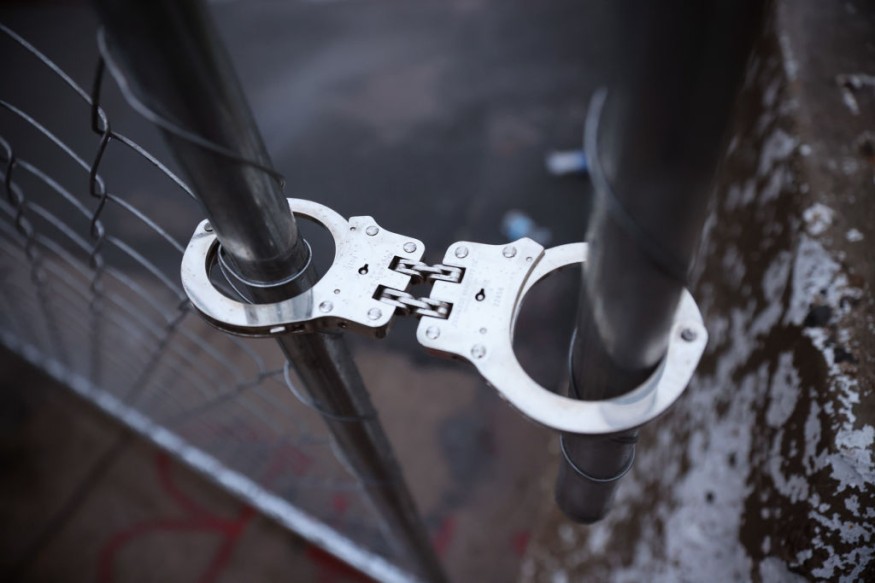
Michael Lacey, a co-founder of the classified ad site Backpage.com, was sentenced to five years in prison and fined $3 million for money laundering. The sentence follows his conviction on a single count of international concealment money laundering.
The case revolves around allegations that Lacey and other executives used Backpage to promote and profit from prostitution through classified ads.
Michael Lacey Sentenced, Backpage Execs Face Prison for Prostitution Ring
Lacey, 76, was convicted last year on the money laundering charge, but the jury could not reach a verdict on 84 additional charges related to prostitution facilitation and money laundering. US District Judge Diane Humetewa later acquitted Lacey of several charges due to insufficient evidence, but he still faces around 30 charges related to prostitution and money laundering.
According to AP News, authorities allege that Backpage, operational from 2004 until its government shutdown in 2018, generated $500 million from prostitution-related revenue. Lacey's lawyers claim he was focused on managing an alternative newspaper chain and had minimal involvement in Backpage's day-to-day operations.
At sentencing, Judge Humetewa noted Lacey's awareness of the site's illegal activities but his failure to act. The court has ordered Lacey, along with former Backpage executives John Brunst and Scott Spear, who were also sentenced to ten years in prison, to report to the US Marshals Service within two weeks to begin their sentences.
Prosecutors argued that Lacey and the executives ran a prostitution ring disguised as a legitimate classified site, deceiving law enforcement and anti-trafficking organizations about Backpage's true nature. During the trial, Yvonne Ambrose testified about the devastating impact of her daughter's death, who was a victim of human trafficking through a Backpage ad.
Michael Lacey Allegedly Used Cryptocurrency to Hide Profits
Lacey is accused of using cryptocurrency and transferring funds to overseas accounts to hide profits after banks raised concerns about illegal activities. Backpage employees allegedly searched for potential sex workers online and offered free ads to attract them. The site is also said to have collaborated with other platforms to place ads, according to WMUR 9.
The site's marketing director admitted guilt in a conspiracy to facilitate prostitution, and former CEO Carl Ferrer pleaded guilty to related charges in Arizona and California. Two other Backpage employees were acquitted during the same trial where Lacey, Brunst, and Spear were convicted.
Lacey and his co-defendants were barred from referencing a 2013 federal prosecutor memo during the trial. This memo indicated that there was no consistent disregard for minors or admissions of Backpage's involvement in prostitution. It also noted Backpage's efforts to prevent illegal activity and cooperate with law enforcement.
A June report by the Government Accountability Office revealed a decline in the FBI's effectiveness in identifying victims and traffickers following the seizure of Backpage, due to law enforcement's familiarity with the site. Prosecutors allege that despite selling their stake in Backpage in 2015, Lacey and his co-founder, James Larkin, continued to exert control over the site.















